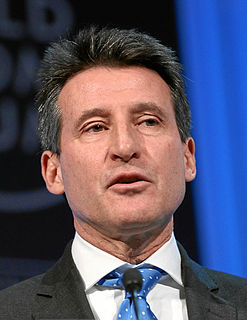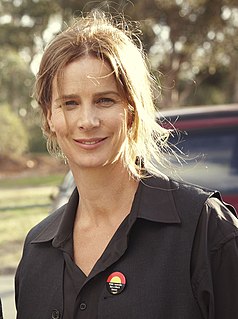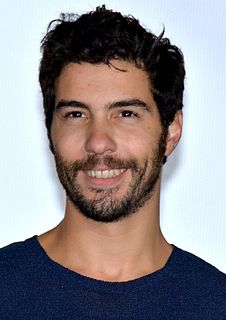A Quote by Meghan Daum
I grew up in a town where there were no adults over forty who weren't somebody's parents. It was, unfortunately, the kind of town that's a "great places to raise kids" - that's basically code for "there are no adults here who are not parents." I had a few teachers who were kind of weirdo drama teachers and were hugely influential.
Related Quotes
I was fortunate to be at that school in an era in which encounters between students and teachers were encouraged; there were a number of teachers who lived on campus, and they'd regularly invite students over for dinner on the weekends. I hope it's still like that: being treated seriously by an adult you admire is a great gift. Children, like adults, want respect - but it's only when you're older that you realize how few people actually extend it.
Almost 40% of all young adults are living with their parents. This is a 75-year high in America. Forty percent of young adults are living with their parents. I see stuff like this, and I think it's a good thing I didn't become a parent, because if that were happening to me, you wouldn't want to be my kid.
Some parents were awful back then and are awful still. The process of raising you didn't turn them into grown-ups. Parents who were clearly imperfect can be helpful to you. As you were trying to grow up despite their fumbling efforts, you had to develop skills and tolerances other kids missed out on. Some of the strongest people I know grew up taking care of inept, invalid, or psychotic parents--but they know the parents weren't normal, healthy, or whole.
I'd listened to my colleagues in the teachers' lunchroom. I could tell they were passionate, fired-up people who had great ideas for strategies and projects to help kids learn better. They just didn't have the resources. I was frustrated, but I also knew it was a frustration felt by teachers all over the city.
I would say basically the commonplace observation that kids aren't going to earn as much as their parents is now is a coin flip at this point. Are you going to do better than your parents? It's a 50-50 chance, whereas if you were born in the 1940s or 1950s, you had more than a 90 percent chance you were going to do better than your parents. So basically almost a guarantee for most kids that you were going to achieve the American Dream of doing better than your parents did. Today, that's certainly no longer the case.



































